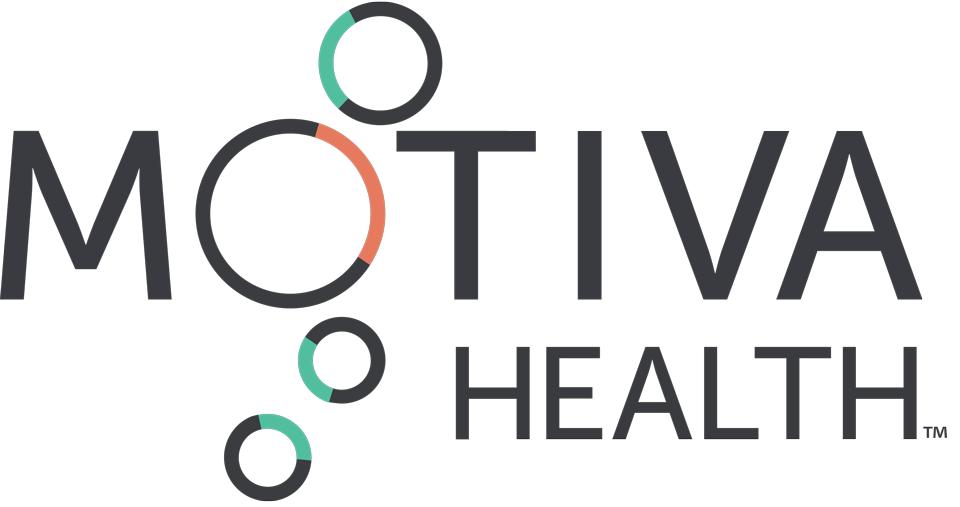It's Not All About Pain
It's Not All About Pain
September is Pain Awareness month and I would venture a guess that if you are in pain currently, you already know it, and being more aware of it this month may not be what you wanted. However, I would love to hit the ‘reset’ button on pain - pain is a symptom, it tells us there is something wrong and it should be used as a signal to prompt change, not as the primary focus of treatment.
When pain is the only focus of your treatment, it gives you and your doctor a very narrow view of your overall health picture. As a doctor, I think that when pain is the only focus of treatment we also do a disservice to our patients. Pain often does not go away quickly, and there are many people who experience chronic pain and chronic pain conditions. These can be life-altering. I propose we make pain a very small focus of the overall course of treatment. Instead, we should focus on function.
By this I mean we focus on your ability to do those things that are necessary for daily life and for enjoyment. For instance - can you get dressed? Cook? Load your kids into the car? Play with your grandchild? Enjoy your hobbies? Lift the necessary items at work? These are wonderful measures of a treatment plan.
“When a doctor focuses on restoring function to the lives of their patients, they are focusing on aspects of that person’s health that are more positive and honestly more important.”
Over the past few weeks, I have been working with a young woman who has been unable to pick up her 2-year-old daughter due to her back pain. After three visits of working on restoring normal motion and teaching proper biomechanics and lifting techniques, she was still experiencing some pain but she was able to comfortably pick up her daughter whenever she wanted as well as crawl around on the ground and play with her. To my patient, this was much more important than resolving all of her pain.
There are larger, social implications to this way of thinking as well. When pain is the only focus of a treatment plan, we, as doctors and patients, tend to turn to more short-sighted treatment options - painkillers, injections, etc. These options are wonderful at reducing pain but do they address the root cause of our pain? No. Do they teach us proper body mechanics to get stronger? No. Do they promote healthy behaviors, movement patterns that teach us how to sit, move, and lift without putting our bodies at risk for further injury? No.
When we focus on function, and doctors put patient education at the center of their treatment plan, we can together make a greater impact on the lives of our patients and the things that matter. Doctors can provide the tools for their patients to make healthier choices, provide the information for them to move in healthier ways, and empower them to become their own resource for healing and positive change. Pain will go away, or maybe it won’t, but if we can do everything we want to do, isn’t that what is really important?
Medical Disclaimer
The information and reference guides in this website are intended solely for the general information for the reader. The contents of this web site are not intended to offer personal medical advice, diagnose health problems or for treatment purposes. It is not a substitute for medical care provided by a licensed and qualified health professional. Please consult your health care provider for any advice on any exercise, medication, nutrition, or supplementation.
About The Author
Dr. McCormack is one of the co-founders of Motiva Health. His opinions in the paper reflect his experience and insights into patient care and where changes can be made.

